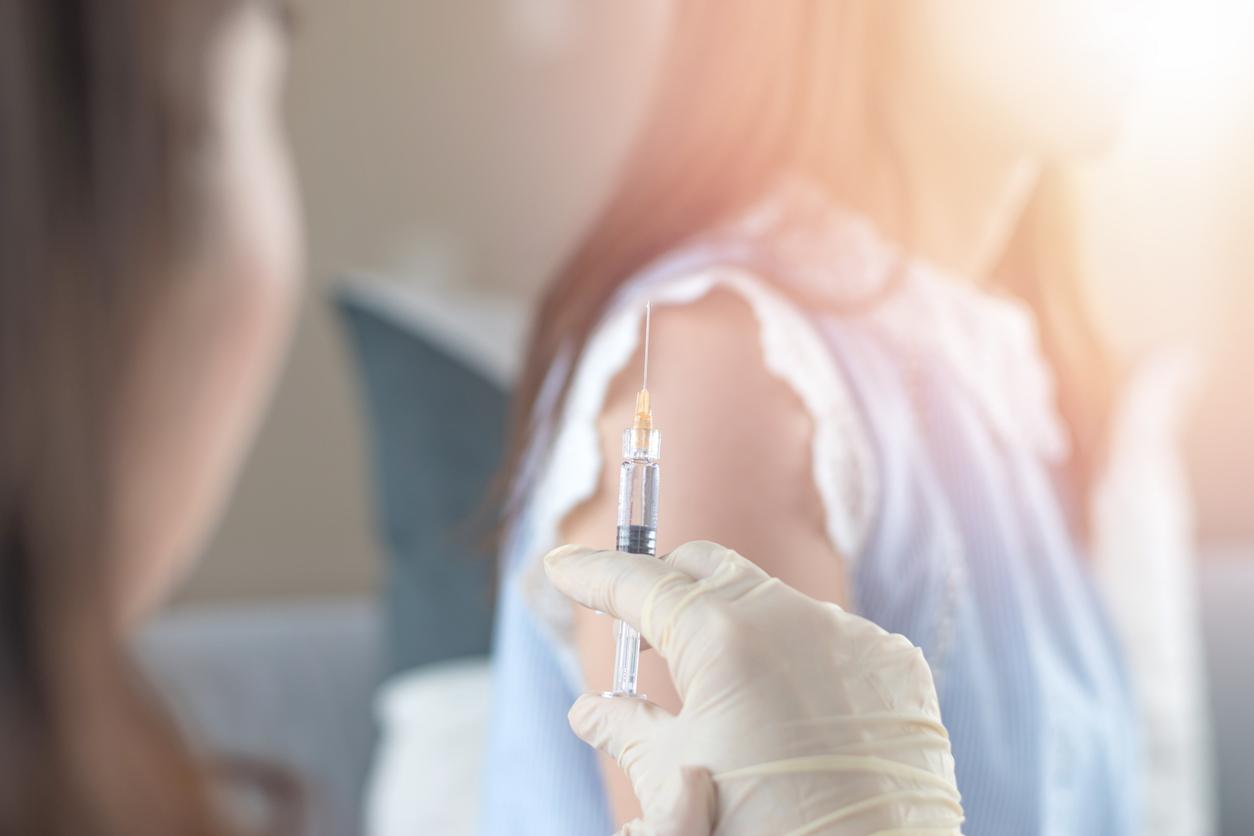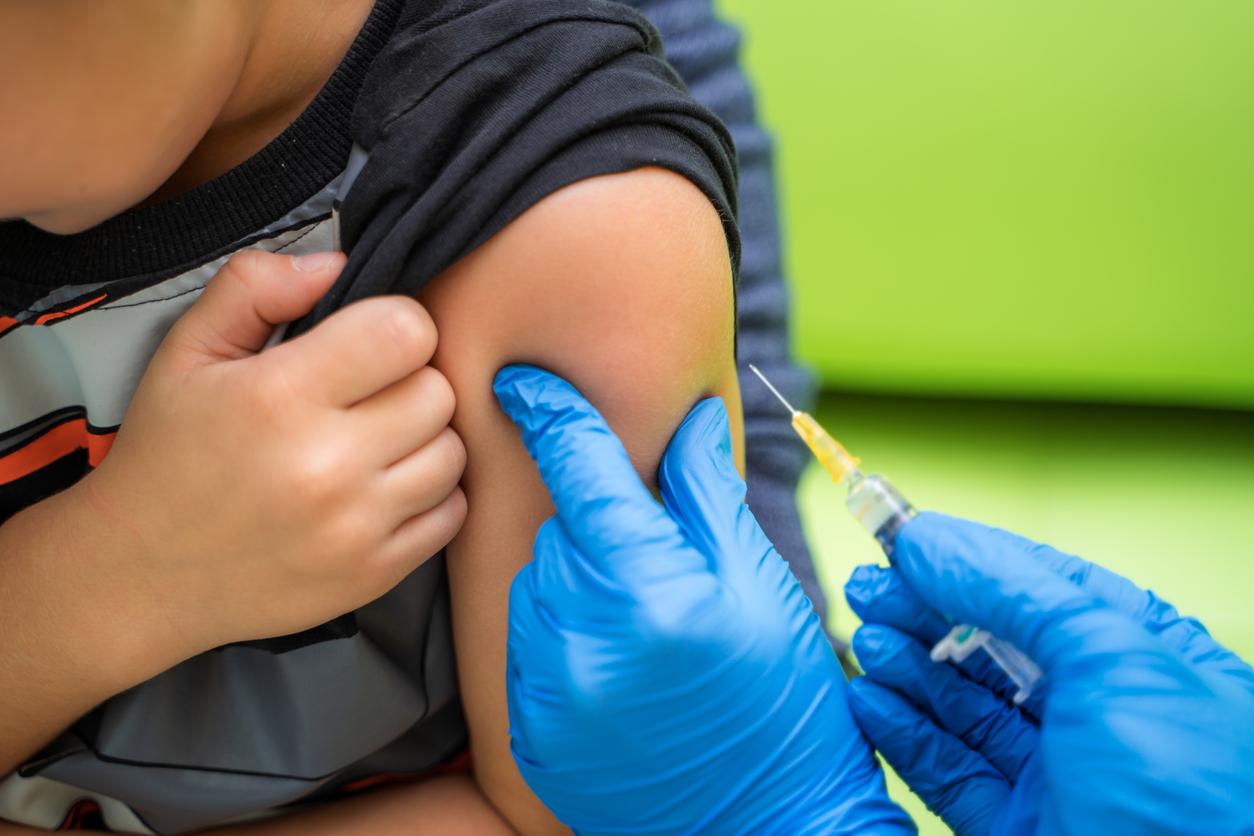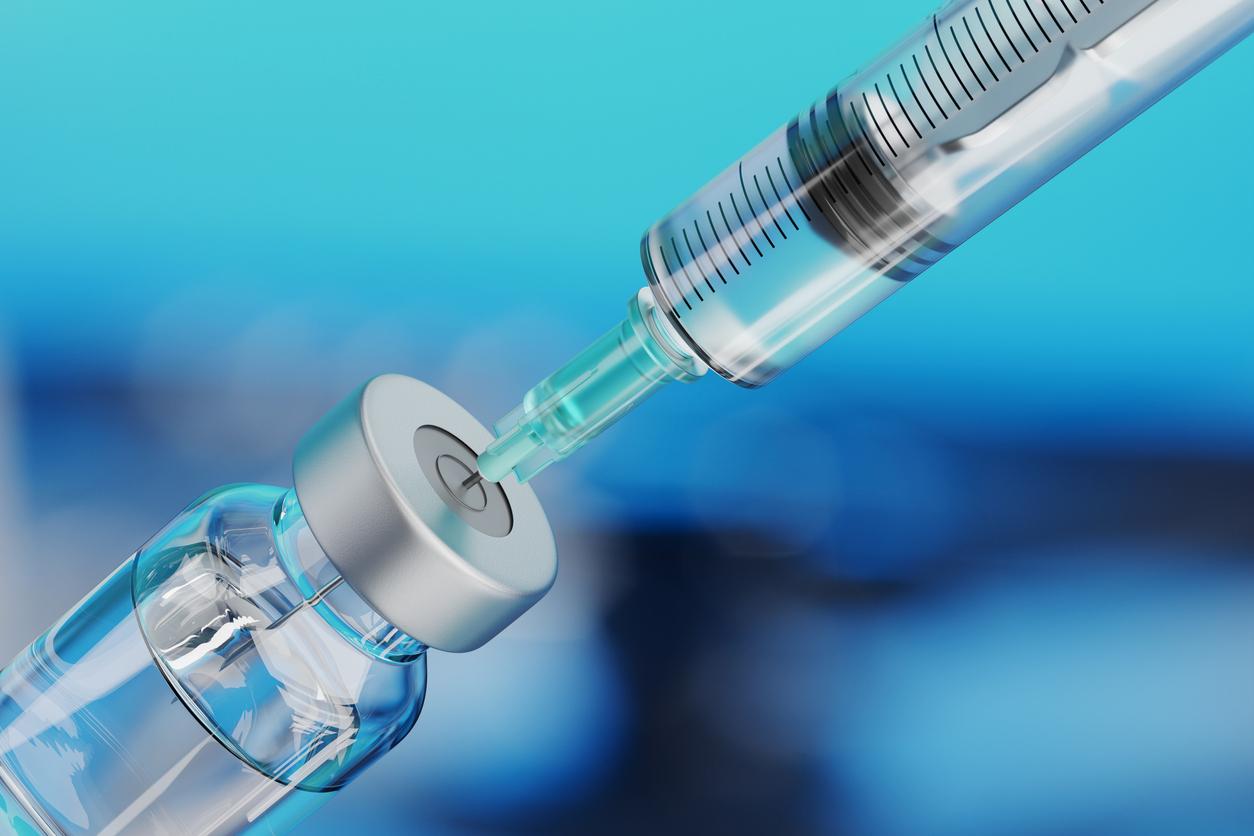Only one in two French people is vaccinated correctly against hepatitis B. However, a study shows that updating their vaccination, even late, protects against the virus.

300,000 people are chronic carriers of the hepatitis B virus in France. A figure which constitutes a significant reservoir for the transmission of the disease.
The Strasbourg International Vaccination Center (CVI) has decided to fight against the spread of infectious diseases. It receives 7,000 to 8,000 patients each year. Over the course of the visits, the doctors noted that many French people would not have received the injection of the 3rd dose against hepatitis B. For them, this incomplete vaccination would be linked to the controversy that followed in France, the major vaccination campaign of 1994-1998.
To assess the benefit of late catching up of vaccination, between September 1999 and March 2010 they therefore proposed to all their patients consulting the CVI of Strasbourg and having started a vaccination against hepatitis B, an update of the vaccine. against hepatitis B. And this regardless of the time elapsed since the first two injections.
The results of this study are published this Tuesday in the weekly epidemiological bulletin (BEH). Of the 600 people included in the study, 317 accepted a control serology one month after the injection. Doctors in Strasbourg have attempted to retrospectively evaluate the effectiveness of a third dose against HBV. They were thus able to demonstrate the benefit of late catching up of a vaccination against hepatitis B. 91.5% of the 317 patients updated and tested serologically obtained a positive result in anti-HBs antibodies. The immune memory mechanism works.
These results vary depending on certain factors. The immune response rate is better in women (95% vs. 88.7 in men). The shorter the time between the 2 nd and 3 rd injection, the more the person is protected. Likewise, vaccination is more effective if it occurs before the age of 40.
Only large-scale vaccination would allow prevention and eventual elimination of the virus. As early as 2002, the Academy of Medicine decided that the indications for hepatitis B vaccination should be encouraged. However, in 2009, half of the French were vaccinated correctly against hepatitis B. This rate falls to 37% for adolescents (2011 data in the Vaccinoscopy survey).
.

















